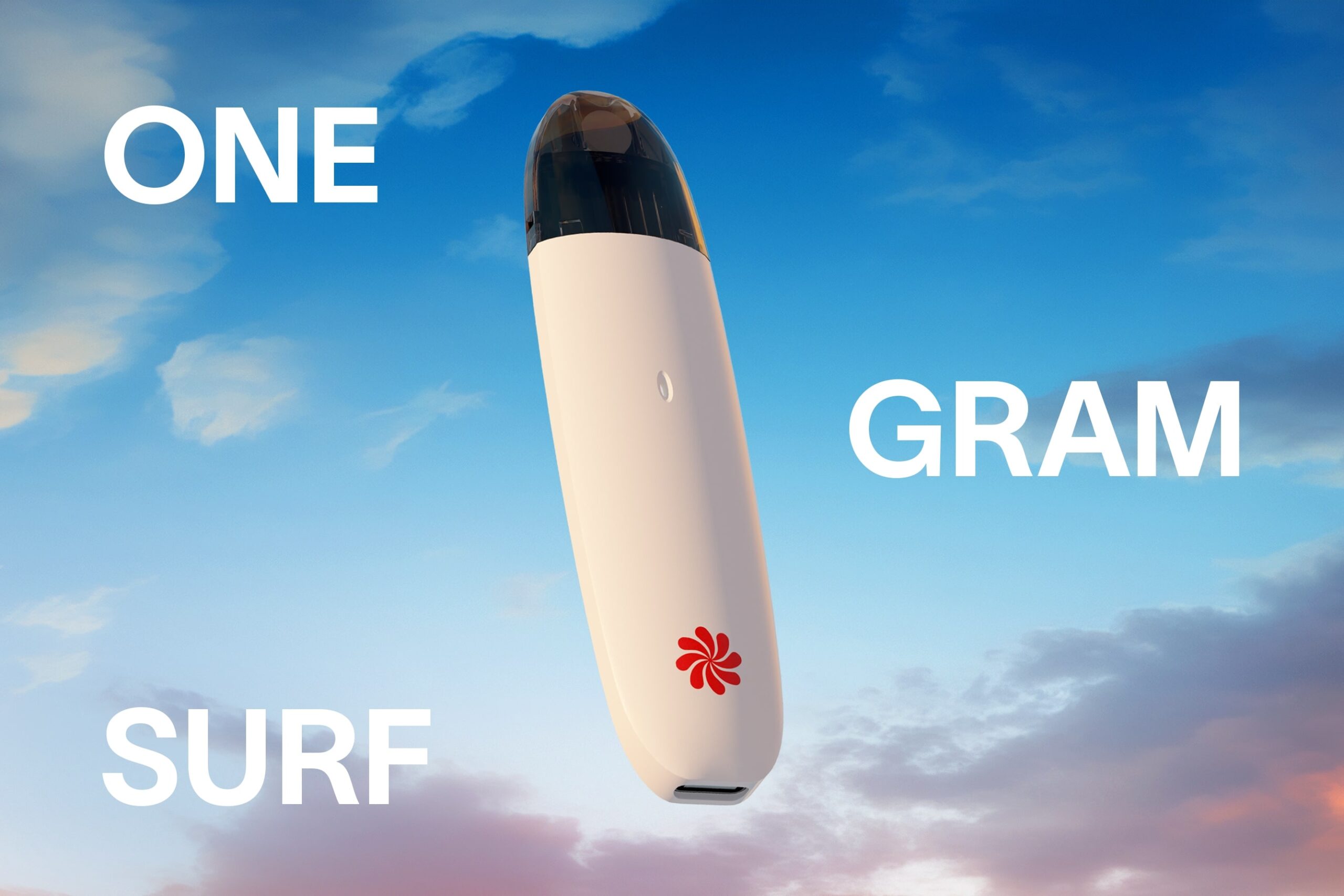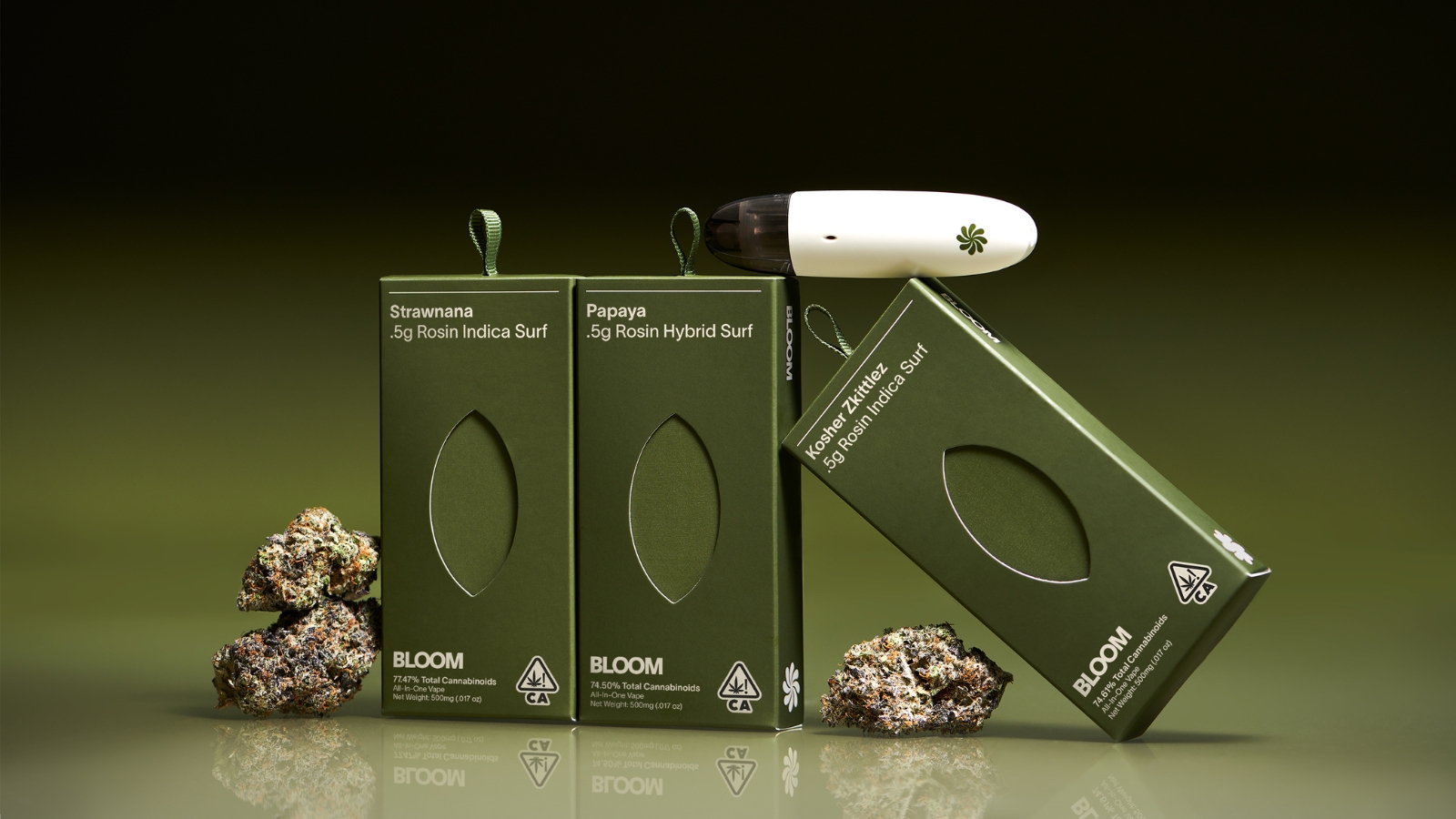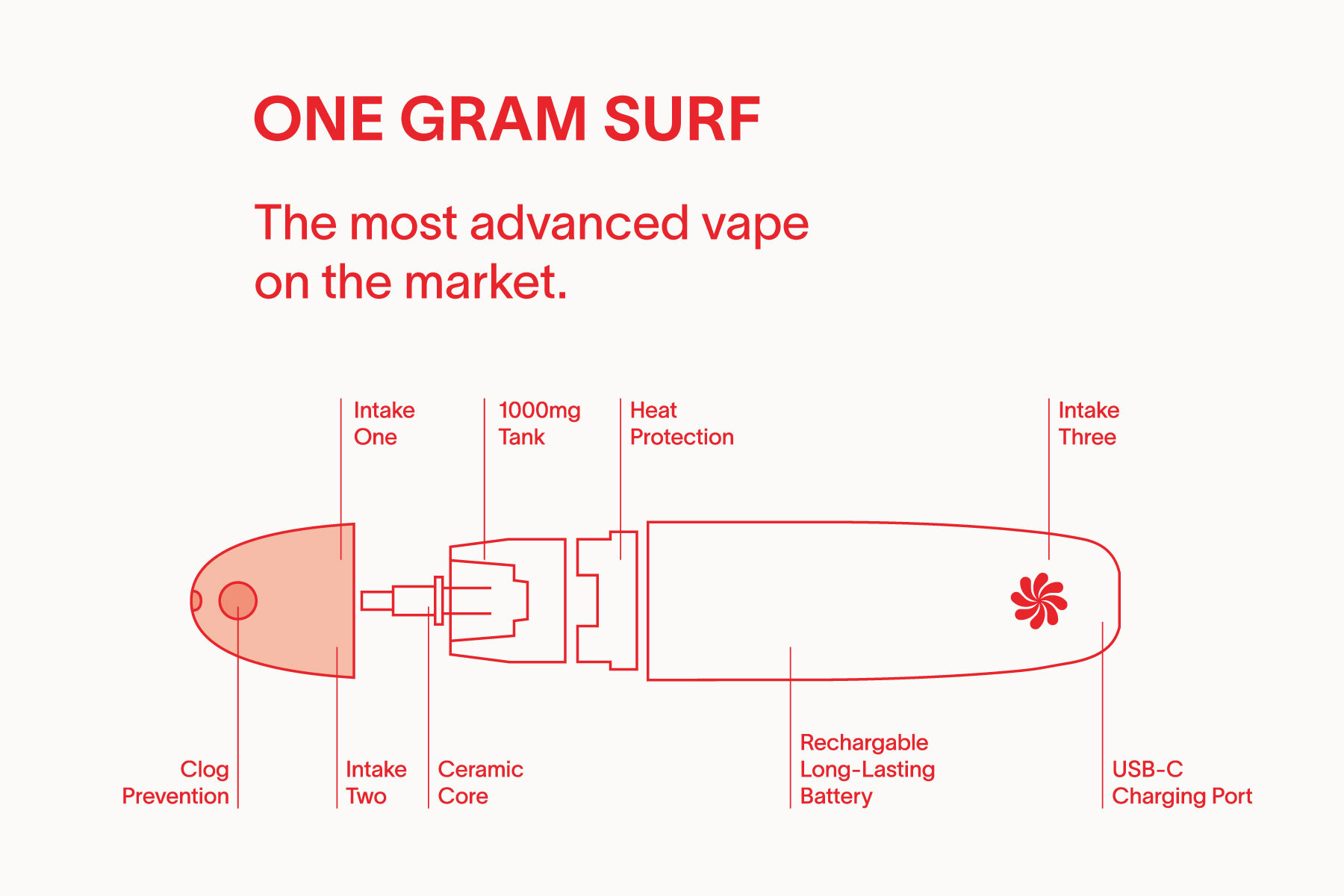By Diana-Ashley Krach
Hangovers are a certain kind of misery that can make even the smallest task seem impossible. Even when you don’t over-indulge, alcohol can cause debilitating headaches and deep muscle aches. The all-encompassing suffering may have you reaching for the vape for quick relief. Still, there are other ways cannabis can help alleviate the side effects more long-term.
Topical applications, for example, can help lessen the pain of sore muscles and stiff joints. Infused liquids like CBD water can do double action by hydrating, and possibly minimizing the damage alcohol can cause the liver. Oils or tinctures can provide immediate relief from nausea in an easily consumable way.
Another element of using cannabis for relief is incorporating terpenes (aromatic compounds that give cannabis and individual plants their distinctive smell) into your treatment plan. When you focus on how certain terpenes can impact your symptoms, you take your medicating to another level. For example, using essential oil diffusers, squeezing lemons into your water, or soaking in a bath with lavender Epsom salts will enhance the terpenes in the strains you choose.
With the right terpene profile, you can reduce nausea and brighten your mood with cannabis. Myrcene, for example, is a powerful tool when seeking anti-inflammatory agents. Limonene improves mood, reduces gastrointestinal reflux, and can relieve anxiety, which is vital during a hangover. A strain high in linalool, which is a terpene found in cannabis and lavender, can have an anti-depressant effect.

Hangovers can cause anxiety because alcohol stimulates Gamma-aminobutyric acid (GABA) and lowers glutamate. GABA, an inhibitory neurotransmitter in the central nervous system, acts as a tool for reducing anxiety or chronic pain. Put simply, alcohol boosts the GABA and tricks the body into thinking there is no reason to worry about anything. When you stop drinking, the body winds up with unnatural levels of GABA and glutamate, which leads to anxiety.
Much like cannabis, there is little research about what causes a hangover from alcohol. The most excruciating headache can exist after only one drink, especially if several factors line up. For example, if the beverage was high in congeners (chemicals produced during fermentation which have physiological effects), you may wind up with a more severe hangover.
Dr. Rachel Knox says that neither hangovers nor the effects of cannabis on a hangover have been well studied.
“The basis of the belief that cannabis can treat, or cure alcohol-induced hangovers stems from either anecdote or theory as there is no scientific evidence demonstrating that cannabis is an effective treatment.”
One cause of a hangover is dehydration; many people neglect to match the amount of alcohol consumption with water. While it is a diuretic, alcohol suppresses the body’s antidiuretic hormone that sends liquid back into your body. This causes the body to flush water at a faster rate than usual.
Knox says that while there is little understanding around hangovers, they seem, in part, to be caused by an acute alcohol-induced inflammatory reaction.
“Inflammation is a principal cause of headaches, upset stomach, nausea, pain or discomfort, fatigue, and mental cloudiness which are all symptoms classically associated with hangovers,” she says, “These also are symptoms that cannabis, full of anti-inflammatory plant chemicals, is known to be effective in addressing whether you have a hangover or not.”
Focusing on how cannabis has many anti-inflammatory compounds and hangovers are being caused by inflammation, Knox says that treating symptoms with the plant is a possibility. The only way to indeed avoid a hangover is to avoid alcohol altogether, she points out. Still, there could be something to the idea that cannabis could potentially aid in prevention as well.

“The inflammatory theory of hangovers, though, begs the question: can cannabis be used after drinking but before the onset of hangover symptoms to reduce inflammation and prevent a hangover entirely?”, she posits, ultimately concluding lack of research as the barrier for knowing more.
“There is no evidence that routine cannabis use or the consumption of cannabis before, during, or after alcohol consumption prevents or decreases the risk of a hangover after drinking.”
Knox says that there is validity in avoiding the consumption of cannabis and alcohol concurrently unless the strain is low in THC.
“The best advice we have right now is to not consume cannabis with alcohol, but I think much consideration should be given to the study of non-intoxicating (THC-poor) cannabis varieties in the prevention of hangovers. That’s a hypothesis worth vetting.”
When you treat your hangover, your typical methods may not work the same. Edibles, for example, may be too overwhelming with nausea, and activation time might take too long for relief. Smoking flower can cause harsh coughing, which may be too abrasive for your sore body. Now might be a good time to experiment cautiously with new cannabis strains and applications.
Whichever method you choose, cannabis almost certainly will make you feel better.
Source:
Dr. Rachel Knox, rachel@doctorsknox.com





